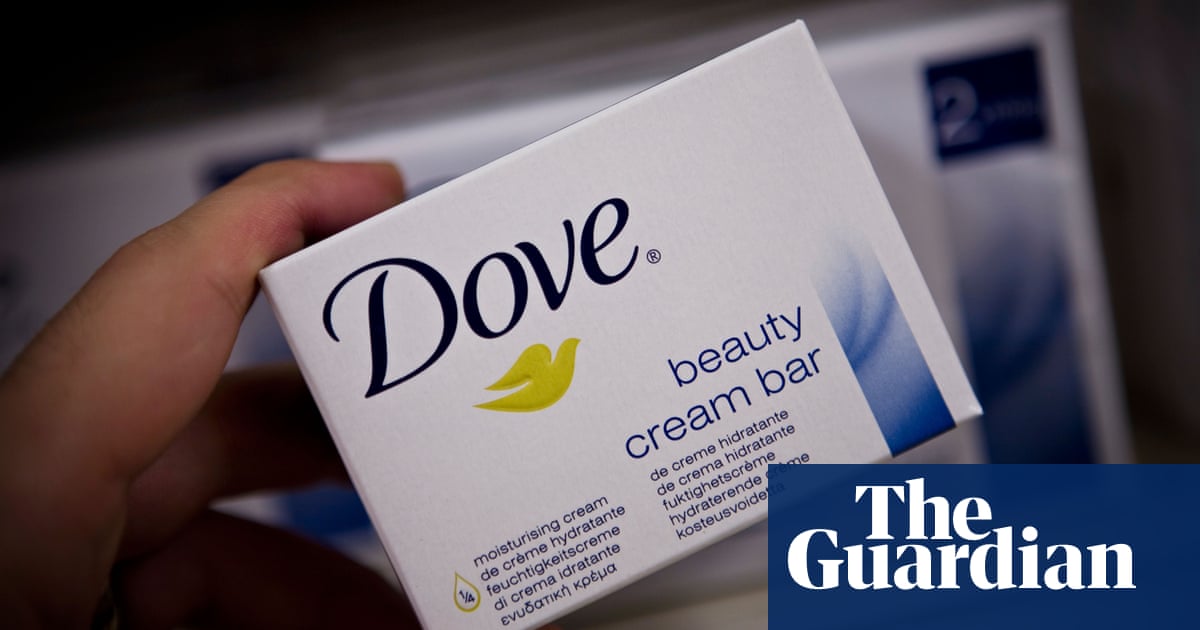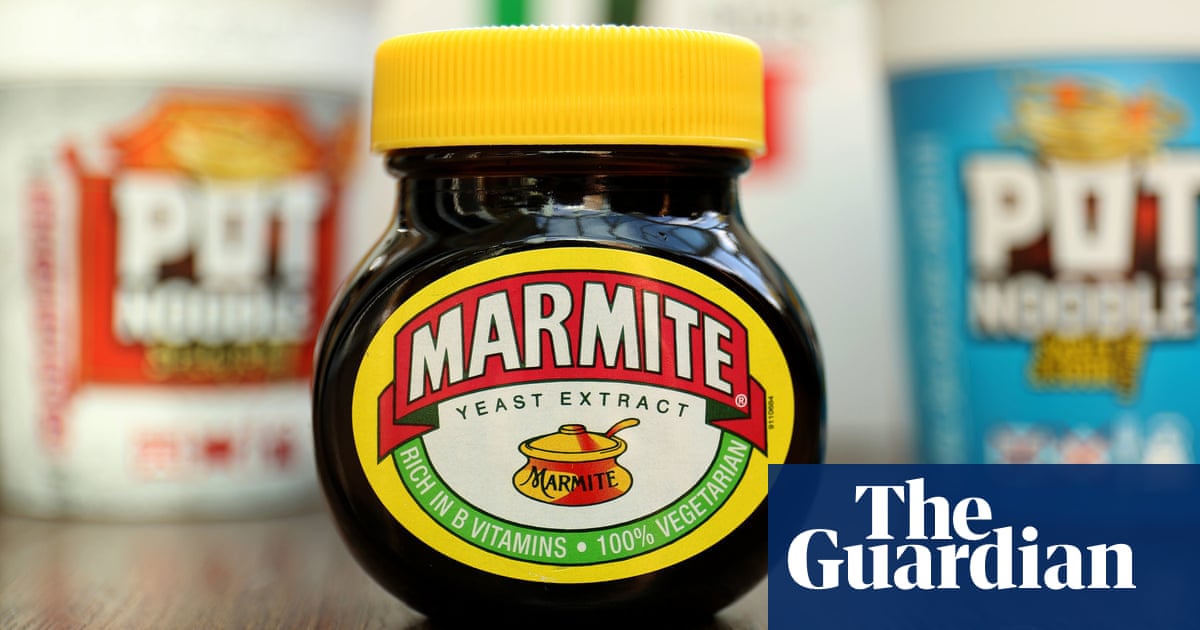
Unilever, the maker of Marmite, Domestos and Vaseline, is to be investigated by the UK’s competition watchdog over concerns that consumers are being misled by the company’s “green” claims on some essential household products.
The Competition and Markets Authority (CMA) said Unilever may be overstating how green certain products are through the use of “vague and broad” claims, unclear statements about recyclability, and natural-looking images and logos such as green leaves.
Sarah Cardell, the CMA chief executive, said: “Essentials like detergent, kitchen spray, and toiletries are the kinds of items you put in your supermarket basket every time you shop. More and more people are trying to do their bit to help protect the environment, but we’re worried many are being misled by so-called ‘green’ products that aren’t what they seem.
“So far, the evidence we’ve seen has raised concerns about how Unilever presents certain products as environmentally friendly. We’ll be drilling down into these claims to see if they measure up. If we find they’re greenwashing, we’ll take action to make sure shoppers are protected.”
It could ask for undertakings from Unilever that commit the firm to change the way it operates; take the company to court; or close the case without further action.
The regulator is concerned that some claims by Unilever – which is also behind the Cif, Dove, Comfort, and Lynx brands – that focus on a single aspect of a product may suggest it is environmentally friendly as a whole; that claims about some ingredients may exaggerate how natural the product is; and that its use of colours and imagery, such as green leaves, create the impression that some products are greener than they actually are.
Under its former chief executive Paul Polman, who stepped down in 2019, Unilever positioned itself as a global leader on sustainability. But the company is on track to sell 53bn non-reusable sachets containing anything from sauces to shampoo this year, breaking its commitment to switch away from single-use plastic, according to a recent report from Greenpeace. It said Unilever is set to miss its pledge to halve its use of virgin plastic by 2025 by nearly a decade.
The Changing Markets Foundation, a US-based campaign group, found last year that Unilever had replaced recyclable PET bottles of washing liquid with pouches as part of its push to encourage refills. The pouches were not recyclable and contained only two refills.
Unilever said it would continue to cooperate with the CMA, but said it was “surprised and disappointed” with the CMA’s announcement and denied that Unilever’s claims “are in any way misleading”.
It said: “Unilever is committed to making responsible claims about the benefits of our products on our packs and to these being transparent and clear, and we have robust processes in place to make sure any claims can be substantiated.”
Unilever said it used the on-pack recycling label to provide consumers with information on how to dispose of its packaging after use, and noted that the company was a founding signatory of the UK Plastics Pact, which brings together the entire plastics packaging chain to tackle the challenges around plastic waste.
Greenpeace said the investigation “must be a wake-up call for Unilever”. Nina Schrank, the head of plastics at Greenpeace UK, said: “People have bought into Unilever’s claims of sustainability in good faith, expecting those claims to be more than just smoke and mirrors. The truth is Unilever isn’t living up to that promise, and they never will until the company takes real action to tackle issues like the ruinously huge amounts of single-use plastic they produce. That means committing to phasing out single-use plastic, starting with an end to the billions of highly polluting sachets they’re selling globally each year.”
The CMA inquiry forms part of its wider investigation into greenwashing, after it expanded its work on environmental claims to include consumer goods in January – essential items that are used on a daily basis, such as food and drink, cleaning products, toiletries and personal care items. Last year, shoppers paid more than £140bn for these fast-moving consumer goods.
The wider investigation has also examined claims by Asos, Boohoo and Asda’s George brand about the eco-friendly status of their fashion products.
The CMA’s initial review uncovered a range of concerning practices, prompting it to launch a formal investigation into Unilever on Tuesday. Since it published its compliance review, some suppliers have amended or removed some green claims, but its work is continuing and investigations into other companies may follow.












